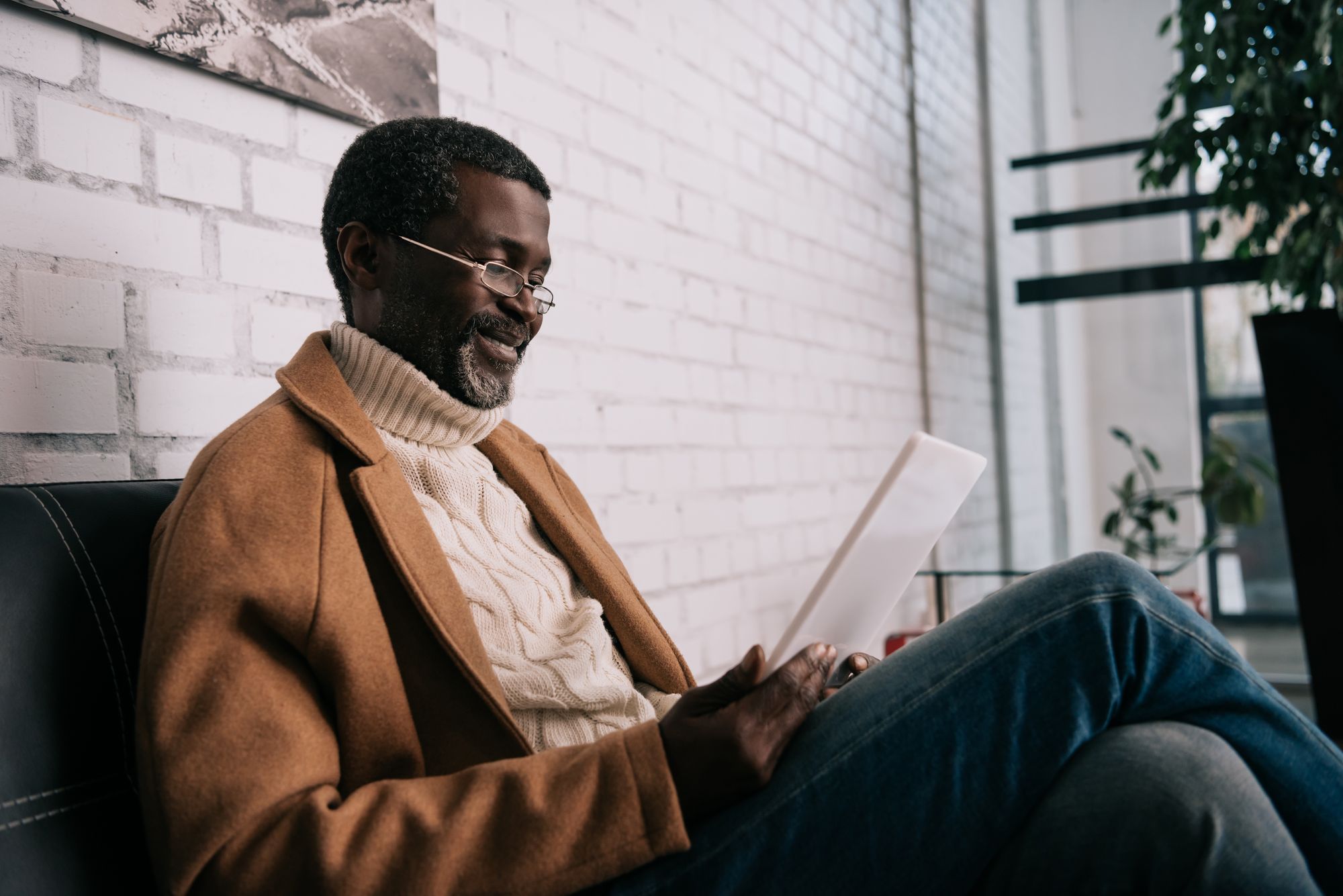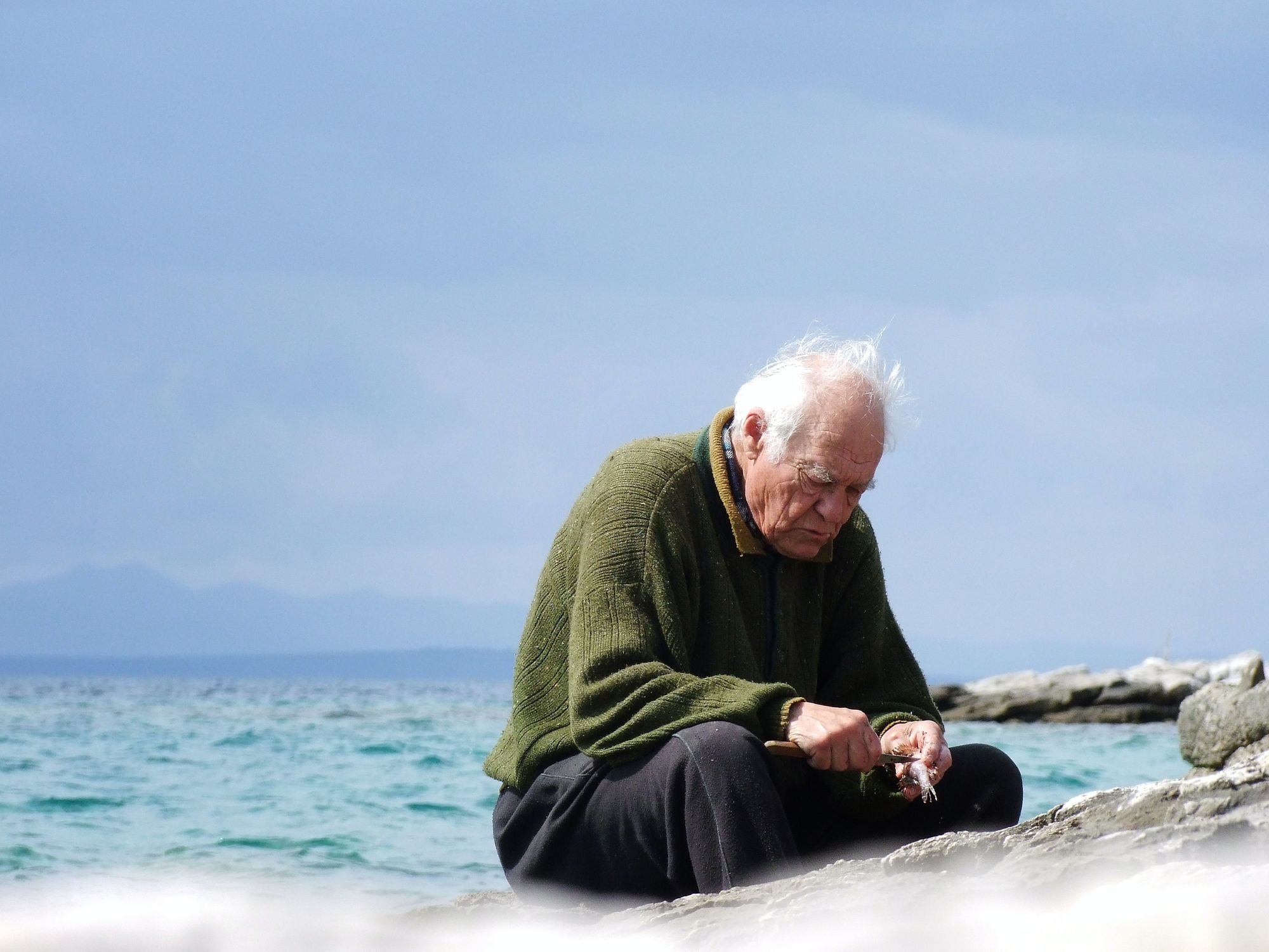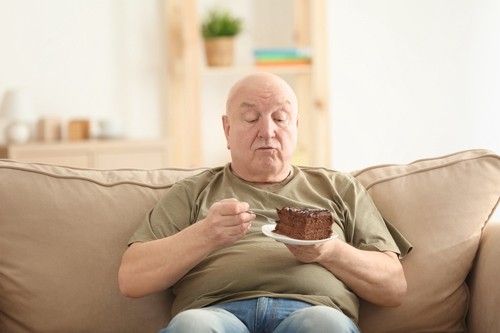
The best defense against quiet killers
Just after January 1st this year, my buddy Daniel (not his real name) was pedaling on his stationary bike. "Just an easy ride," he said, a former Army Special Forces guy of 70+ with a penchant for long mountain bike rides, runs and hikes.
His resting heart rate is about 55, which is one of the prime indicators of good health and longevity. A guy who watches his food, pounds down oatmeal and blueberries and serves up tuna and chicken as opposed to steak, Dan stays up to date on his diets, allowing for activity and his age. He's a dynamic, funny guy, full of the kind of energy that super healthy folks radiate.
But he wasn't that day, just as the new year began. He dismounted, felt woozy, checked his pulse. It was 120. He sat and waited a good long while for it to subside. It barely got down into the nineties.
For Dan, that's way out of the norm. At that point, he called a longtime buddy of his, an ER surgeon in San Francisco. The man told him to go to the ER immediately.
Being a guy, and because it was late and cold in Nevada high country, Dan instead decided to sleep. "I had an awful night," he recounts. "When I got up the next morning my pulse was still over 100." That galvanized him.
A few hours later the ER doctor at the VA, after a massive battery of tests, had lousy news. "Your lungs are full of blood clots," she said. The tests showed one very close to Dan's heart, the biggest of all of them. There was no time to spare. He had multiple pulmonary embolisms.
Within the hour, Dan was rushed over and settled in another facility, getting tubes sent up his groin into his lungs. The emergency procedure cleared out the clots, and saved his life. A few hours later he felt vastly better. His pulse had returned to 55 as his efficient cardiovascular system was allowed to work as designed.
Being a lifetime athlete, Dan wanted to know how on earth such a thing could have happened. "The doctors told me that sixty percent of the time they have no idea," he told me, the relief evident in his voice. "The doctor said that if I'd waited any longer that would have been the end of me."
Dan was perplexed, as were the doctors, given his fitness level. However, he'd just had his fourth knee operation, and had been sidelined for months. Unable to walk, hike, bike or run, it's entirely possibly that clots had formed in his legs and traveled to his lungs simply because of being forced to be sedentary.
As fit as he is, there were no other symptoms. Dan had returned to hiking, and when the Nevada snows moved in, he turned to his indoor bike. With such a disciplined, thoughtful approach to his fitness, he was none the wiser. Like heart attacks, like so many other diseases, such problems are insidious. They can strike with guerrilla warfare efficiency when we least expect it.
But kindly, this isn't just about pulmonary embolism. This is about Dan's choices. Dan's doctors, all of them, told him that had he not had that level of fitness, he'd have been dead by now.

That's the whole point.
Dan's lifelong habits set him up to be able to stave off the worst of what was happening inside him long enough to get care. For far too many of us, by the time we're struggling with a heart attack or severe diabetes, the silent march of internal damage is so far along, that survival might be the best we can hope for for a while. If that.
Every day you and I are warned about what poor lifestyle habits can do. And every day that you and I choose to continue sedentary habits, junk food, too much sugar, alcohol and too much stress and anxiety, we set ourselves up for potential disaster.
One fellow writer on fitness after fifty, Walter Abramson, confesses that his Type 2 diabetes nearly killed him. Now his material is smart and funny, well-researched and filled with the fervor that those who came a little too close to the edge embody.
I've had many, many serious accidents, most the result of extreme adventure travel. Broken back, smashed pelvis, twenty-two concussions. Yet in every single case I got right back up and got myself to care and safety.
Doctors have said again and again that had I not been in this kind of shape, I'd have been dead or a quadriplegic. ALL those events are after I turned sixty. I write regularly that if I am not in shape, I die. It's true.

But here's the point. Dan and I are both military veterans. Our health habits are ingrained for life. What we regularly do in terms of minding our diets and pushing ourselves is deemed just too hard by most folks our age.
With respect to that challenge, what we might offer in return is how much harder is it come back from death? Or severe disability due to poor diet, alcohol abuse, smoking, no exercise, and an overall lack of fitness?
You notice I said nothing about being thin. For thinness has nothing to do with healthy. FITNESS does, and you can be fit at a lot of sizes. Why? Because Nature did NOT design us all to be mesomorphs and Captain American and Wonder Woman.
That's the beauty of it. Fit means fit enough to handle life's worst curve balls. No matter how fit you and I are, we are going to have challenges. Being superbly healthy does not in and of itself mean that you and I will never get ill, any more than my being fit means that I won't get injured.
About thirty percent of our quality of life as we age is utterly out of our hands, having to do with genes, diseases in our families, accidents, sheer bad luck and the luck of life's draw.
That, however, does NOT make us victims. Those things are just life.
The other seventy percent we have direct control over: with our fitness, our food, our friends and our focus in life. For no matter what happens to us, we have the ultimately power of choice: how we choose to see our circumstances.
The neurologist Viktor Frankel, a survivor of the Holocaust, wrote:
Everything can be taken from a man but one thing: the last of the human freedoms—to choose one’s attitude in any given set of circumstances, to choose one’s own way.
You can choose this.

Or you can choose health. Health takes work, and that work pays off your entire life.
Dan chooses health. That health is why he's still alive today, laughing about it.
My hope is that you will be similarly motivated, one small step at a time, to choose better health. For life will throw us curveballs, and sometimes one will hit us up 'side of da haid, as they say where I was born.
You can stay down, or get up swinging.
Comments powered by Talkyard.